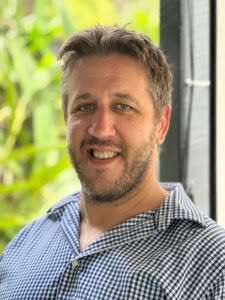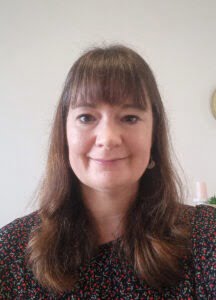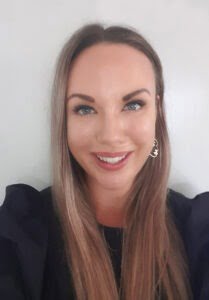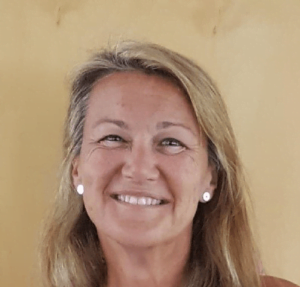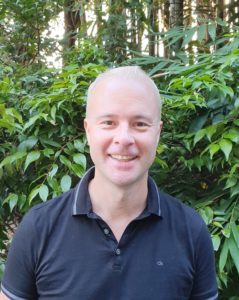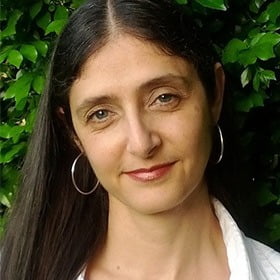PTSD & Trauma Counselling Brisbane
Embark on a transformative journey towards healing with experience-backed PTSD & Trauma Psychologists and Counselling services in Brisbane with The Centre for Human Potential Psychology and Counselling.
Our compassionate trauma psychologists and counsellors provide personalised treatment and support for a range of trauma and PTSD conditions that foster resilience, understanding, and lasting change. Through compassionate support, we’re committed to helping you reclaim your strength and confidence, paving the way for a renewed sense of well-being for a brighter, more hopeful future.
Recognising Post-Traumatic Stress Disorder (PTSD) & Trauma
Trauma and post-traumatic stress is an emotionally painful and distressing feeling that can overwhelm our ability to cope with certain situations. These experiences can include sexual and physical assault, motor vehicle accidents, being taken hostage or attacked, torture, natural disasters, and life-threatening illnesses, as well as witnessing death or serious injury by violent attacks, accidents or war.
Understanding the signs and symptoms of PTSD falls into three categories, these include;
1. Re-experienced Trauma
- Intrusive, upsetting memories
- Flashbacks or vivid recollections
- Nightmares & frightening memories
- Intense distress when reminded of the trauma
2. General Avoidance
- Avoiding certain activities or places that remind you of the trauma
- Inability to remember certain events that surround the trauma
- Loss of interest in activities or life in general
- Feeling detached from others and limited in your future aspirations
3. Increased Emotional Arousal
- Difficulty falling asleep or getting a good, consistent sleep
- Irritability or outbursts of anger
- Difficulty in concentrating on tasks
- Hyper vigilance – a feeling of always being on “red alert”, jumpy, or easily startled
Our Brisbane Trauma & PTSD Psychologists

Mitchell Chikwakukire
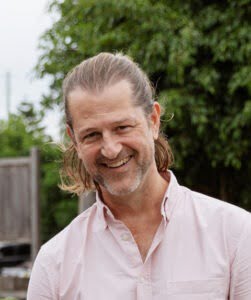
Dr. Atholl Murray

Biyanka Dhother

Eleanor Tan
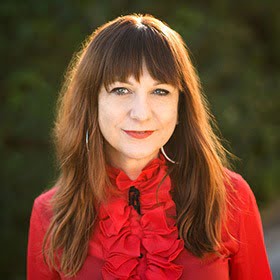
Lisa Kunde

Chaminga Dhanapala
Seeking Counselling & Psychology for Trauma & PTSD
Understanding the signs of PTSD and recognising the need for trauma psychology and trauma therapy is the first step towards healing and recovery. Signs and symptoms of trauma and PTSD can manifest differently in each individual, which means that it is essential to seek professional support and guidance tailored to your journey.
At CFHP, our Brisbane trauma counsellors and psychologists are committed to providing a safe and supporting space for unpacking, understanding, and healing trauma for a range of different experiences, including;
Childhood trauma
Post-traumatic stress response
Complex trauma issues
Acute stress disorder
Stress & trauma induced anxiety
PTSD induced depression
Speak with us
Don’t suffer alone – get professional, compassionate, and confidential support from our leading team of psychologists and counsellors.
Frequently Asked Questions
What is the difference between a normal reaction to a traumatic event and PTSD?
The difference between a ‘normal’ reaction to a traumatic event and post-traumatic stress lies in the duration, severity, and impact of symptoms.
After trauma, it is normal to feel fear, anxiety, and a constant recollection or replay of the event. However, for most people, these effects and feelings that surround the event are typically short-live experiences. On the other hand, PTSD is characterised by the prolonged feelings of fear where a person experiences vivid flashbacks and recollections of the event. These long-term feelings distinguish trauma from PTSD and can significantly impact a person’s wellbeing when they are not addressed or treated.
When should I seek treatment and support?
Early intervention is always preferable when it comes to tackling complex trauma and post-traumatic stress.
When you’re struggling with post-traumatic stress disorder, there is a strong tendency towards withdrawing and social isolation. This isolation serves to exacerbate negative feelings and can make taking the next step too daunting and scary to manage. With the help of professional counselling and supportive friends that can help you through this difficult time.
How can counselling help with trauma & PTSD?
After counselling, clients can expect to feel less hypervigilance and anxiety. These changes lead to an improvement in the client’s ability to retell the event without any significant or psychological distress.
In cases where severe anxiety and depression are experienced, counselling will help the client to find effective coping skills that allow them to manage emotions in a more controlled and positive way. These changes can help to build a better outlook and a reduced feeling of stress and general anxiety that surrounds trauma.
My spouse has been diagnosed with PTSD; how can I help?
To help a spouse or loved one who has been diagnosed with post-traumatic stress, emotional support is essential. Encouraging your spouse to seek proper, ongoing treatment with trained counsellors is an important first step in getting them the help that they need. As a spouse, it’s important to be patient and encourage them to share feelings without trying to “fix” what they are feeling.
As a spouse supporting a loved one with PTSD, it’s important to make sure that you are not neglecting your own mental health and feelings at this time. Your own health and wellbeing are essential to provide the best possible support to your spouse as they manage PTSD.




